Winter gardening in a hydroponic setup opens up a world of possibilities as it allows you to cultivate a variety of vegetables even when the outdoor landscape is dormant. With hydroponics, you can ensure that your plants get all the nutrients they need directly from the water, making it an efficient and productive way to garden during the colder months.
If you’re ready to keep your green thumb active this winter, here are 7 of the top vegetable picks that you can plant in your hydroponic garden.
Lettuce
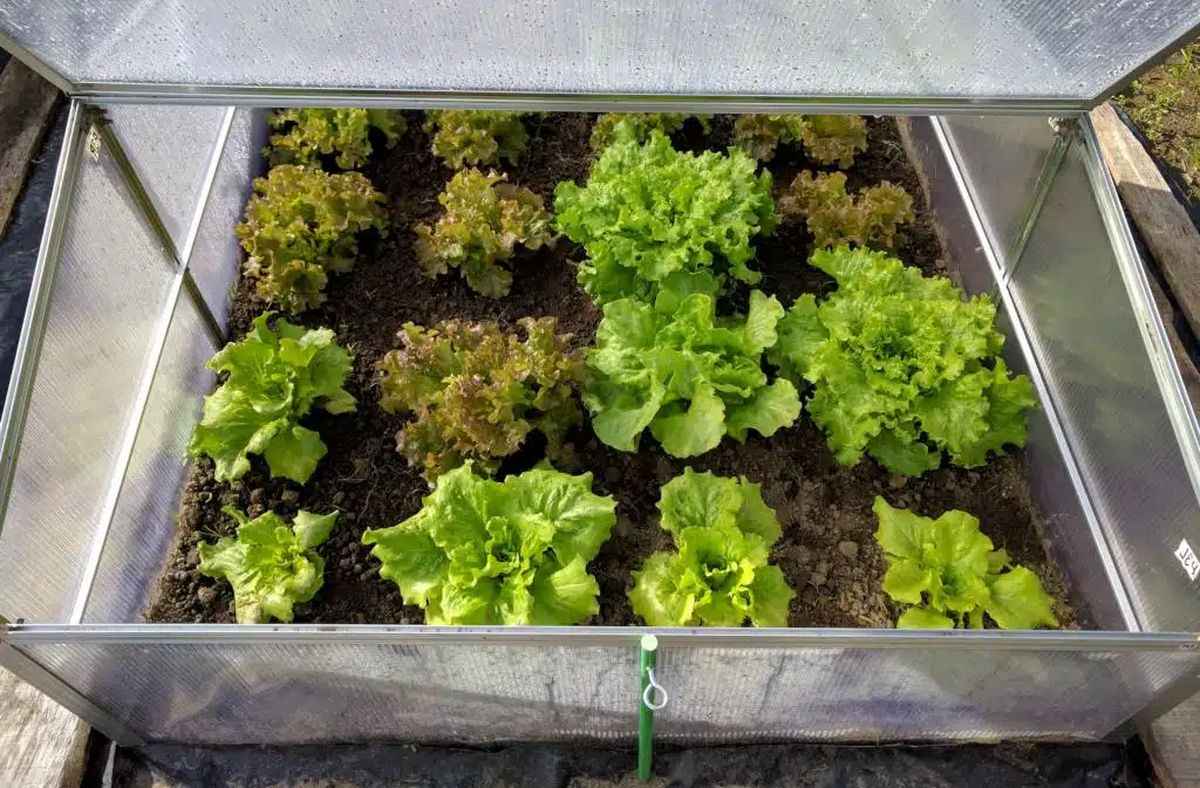
A hydroponic superstar, lettuce is a no-brainer for your winter garden. It’s fast-growing, doesn’t require a lot of light, and you can harvest it multiple times by taking outer leaves and letting the center continue to grow. This method ensures a steady supply of fresh lettuce for your daily needs.
Lettuce varieties like Romaine, Butterhead, and Oakleaf provide a range of textures and flavors that make your salads diverse and interesting.
Spinach

This nutrient-dense leafy green is ideal for hydroponic cultivation in cooler temperatures.
Spinach grows quickly, allowing for multiple harvests throughout the winter. Its versatility in the kitchen makes it a valuable addition to your garden, perfect for raw or cooked dishes.
Plus, growing spinach hydroponically means you’ll have fewer problems with pests and diseases that often affect this crop in traditional gardens.
Kale

A powerhouse of vitamins and minerals, kale is robust and can withstand cooler climates, making it perfect for winter hydroponics. It can be harvested leaf by leaf to encourage continuous growth, providing you with a bountiful supply.
Kale’s rich, slightly peppery flavor enhances a variety of dishes, from smoothies to hearty stews, making it a winter favorite.
Swiss Chard
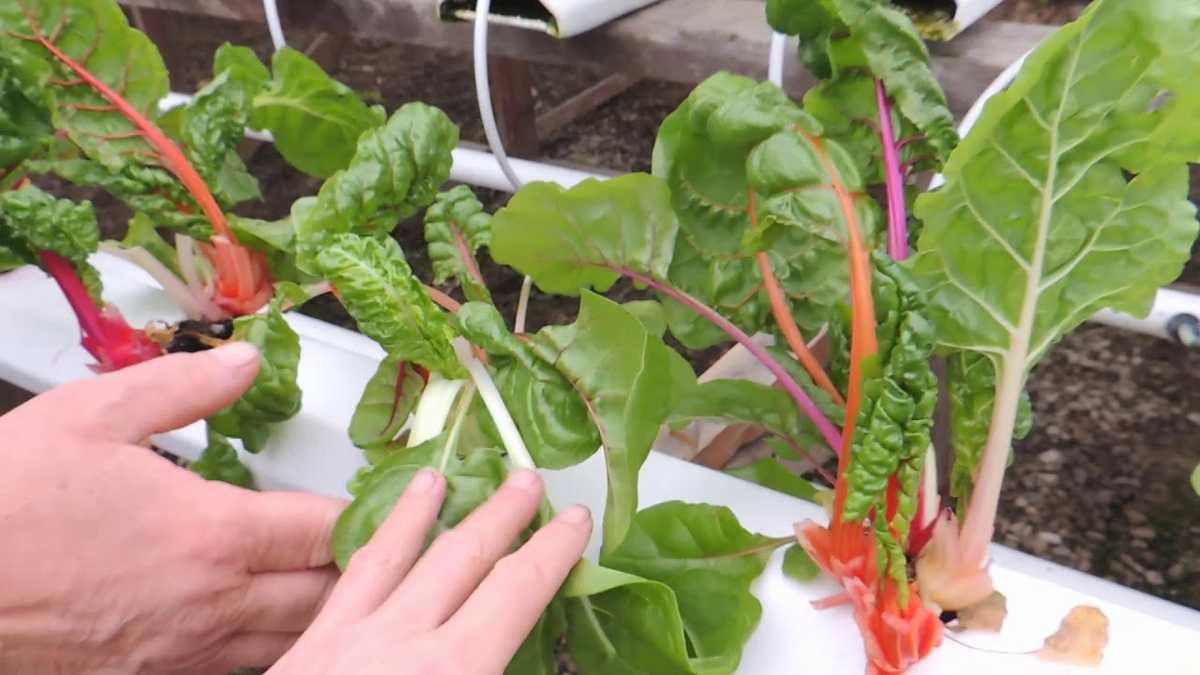
With its colorful stems and large, tender leaves, Swiss chard is as beautiful as it is nutritious. It’s a great choice for hydroponic gardening, thriving in cooler temperatures and providing a consistent yield throughout the winter.
Swiss chard can be harvested at baby leaf size for salads or allowed to mature for cooking. Its mild, sweet flavor is a wonderful addition to pastas, quiches, and sautés.
Bok Choy
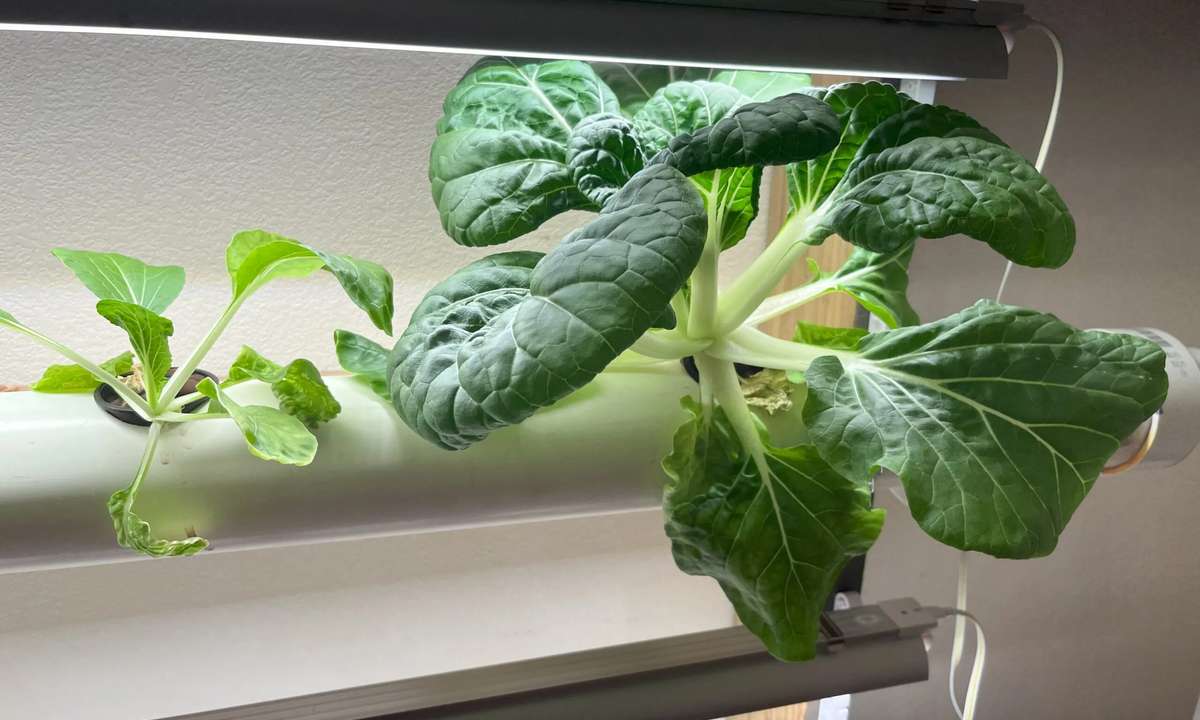
This Asian green adapts well to hydroponic systems and is particularly suited for winter growing. Bok choy can be harvested whole or leaf by leaf, depending on your culinary needs. Its crunchy texture and mild flavor make it a popular ingredient in a variety of dishes, from soups to grilled sides, adding a fresh element to winter meals.
Herbs

Incorporating herbs like basil, cilantro, dill, and parsley into your hydroponic garden not only maximizes your space but also adds freshness to your winter cooking. Herbs are generally easy to grow and maintain in a hydroponic system, and having them on hand can inspire you to experiment with new recipes and flavors.
Additionally, the aromatic presence of fresh herbs can brighten up your indoor garden space.
Peas
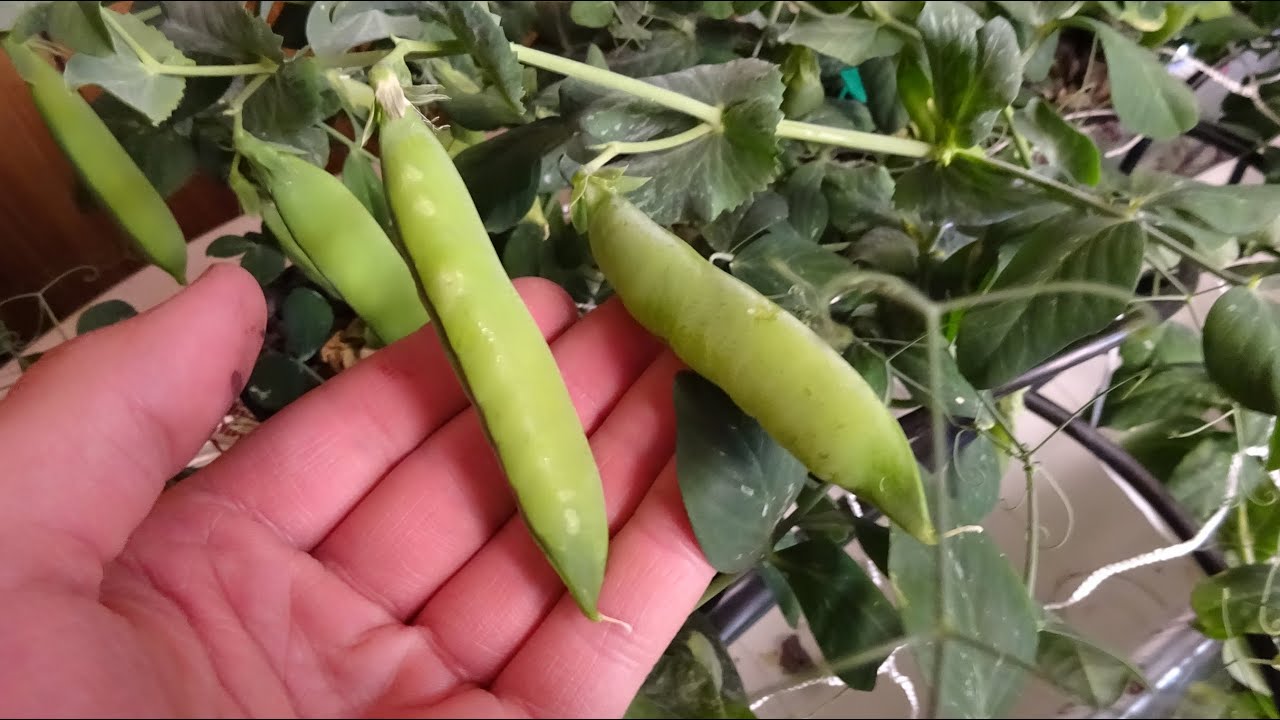
Growing peas hydroponically can be a fun challenge, with the added benefit of vertical growth saving valuable space. Peas prefer cooler temperatures, making them a suitable choice for winter gardening. They produce sweet pods and, as a bonus, beautiful flowers that can bring a touch of spring to your winter garden.
Peas are also a great source of protein, fiber, and vitamins, contributing to a healthy diet.
Things to Consider
When embarking on your winter hydroponic gardening journey, it’s crucial to consider the specific needs of each plant.
You want to monitor and adjust the nutrient solution to ensure it meets the requirements of your winter crops is key to successful growth. Additionally, proper lighting is essential during the shorter days of winter.
Investing in quality grow lights can make a significant difference in the productivity of your garden.
Temperature control is another important aspect of winter hydroponic gardening. While these vegetables thrive in cooler conditions, it’s essential to maintain a stable environment that doesn’t get too cold, especially at night. Insulating your hydroponic setup or using a heater can help maintain optimal growing conditions.
Finally, remember that one of the joys of hydroponic gardening is the ability to experiment and learn. Each plant will have its unique requirements and growth habits, and part of the fun is adapting your practices to suit these needs.
Keep detailed records of what works and what doesn’t, and don’t be afraid to try new techniques or plant varieties.

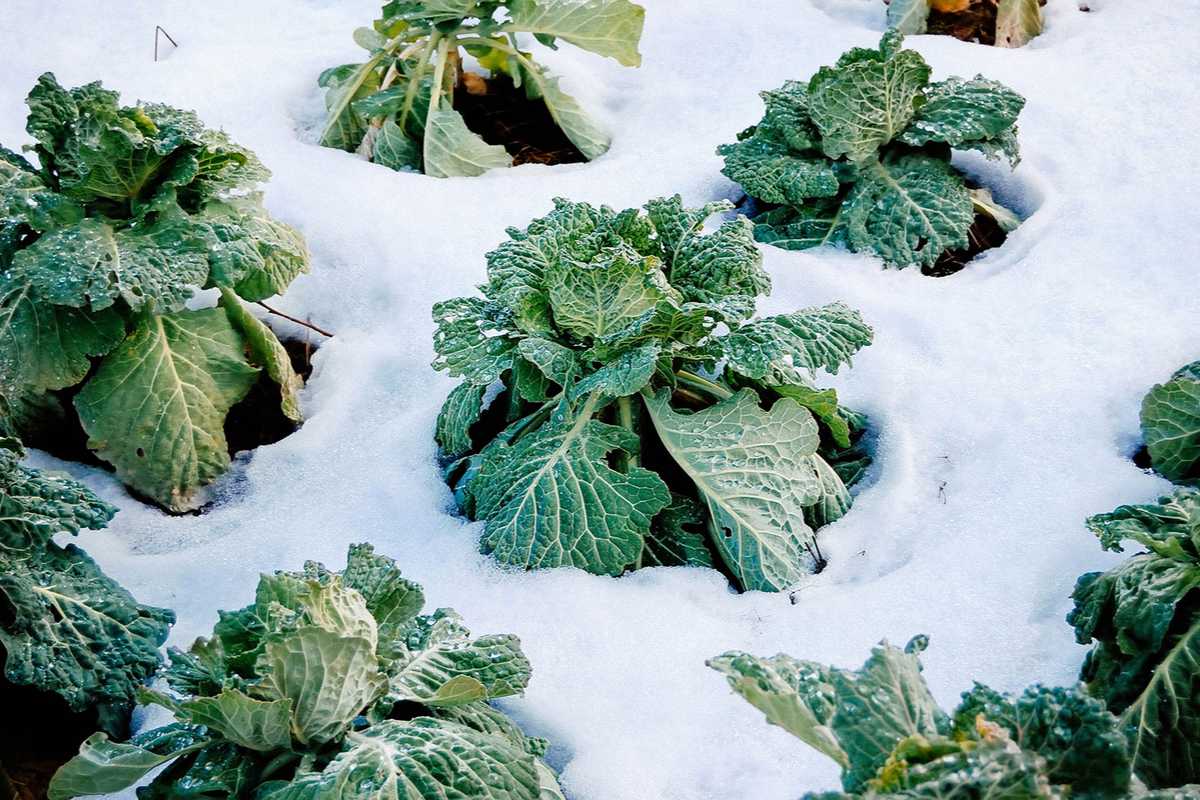
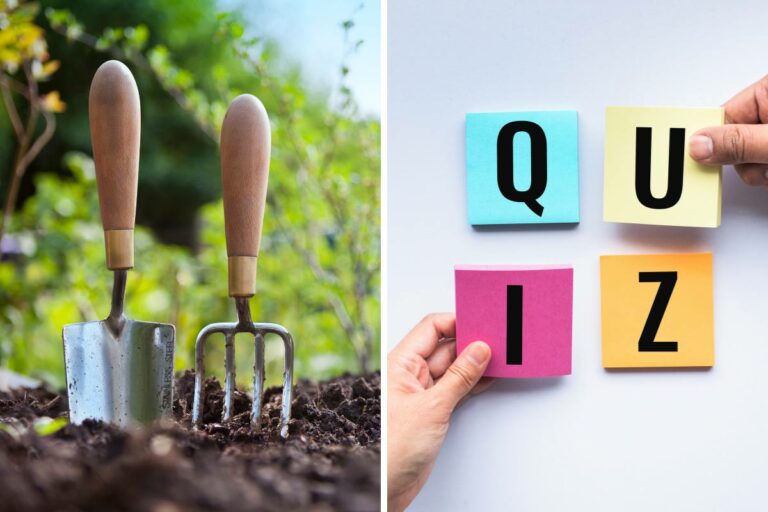
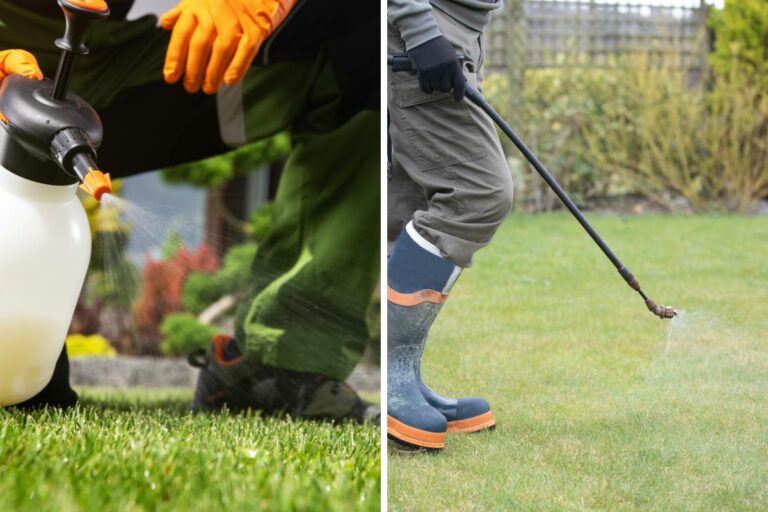
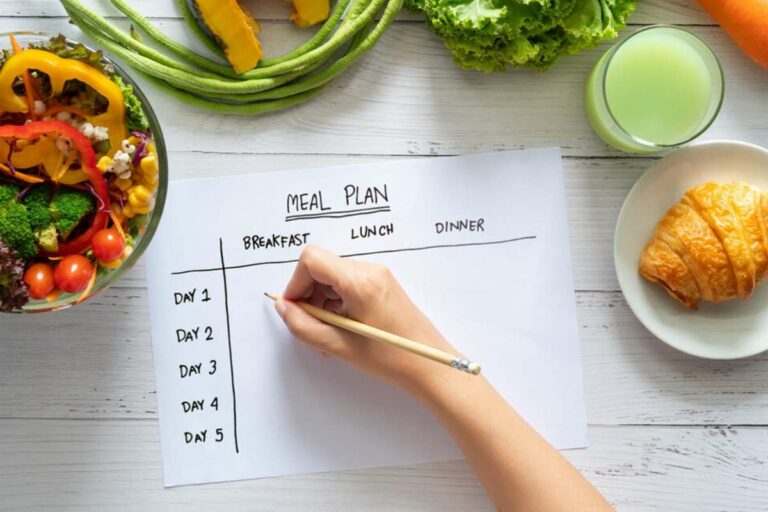
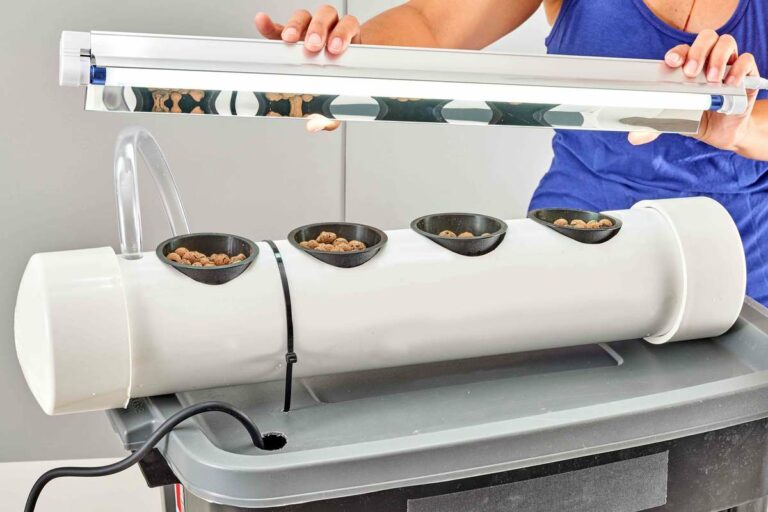
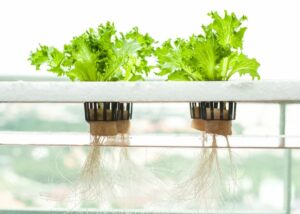
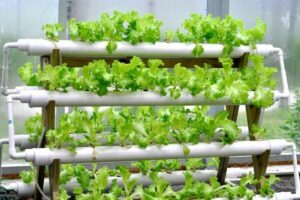
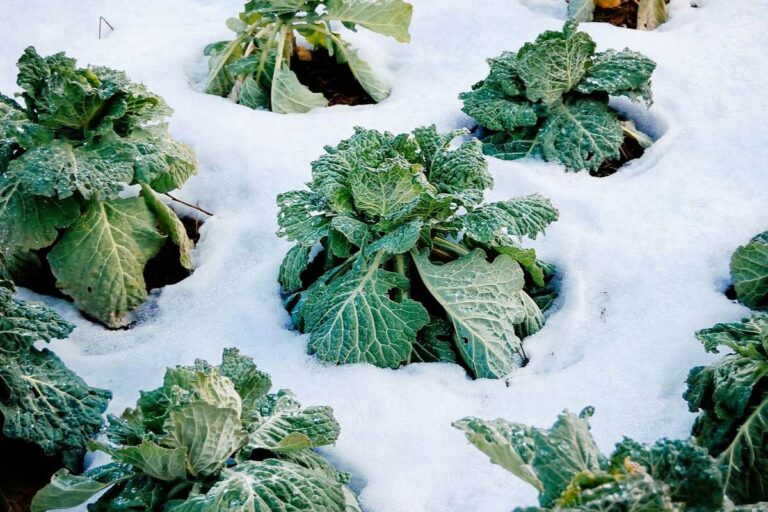
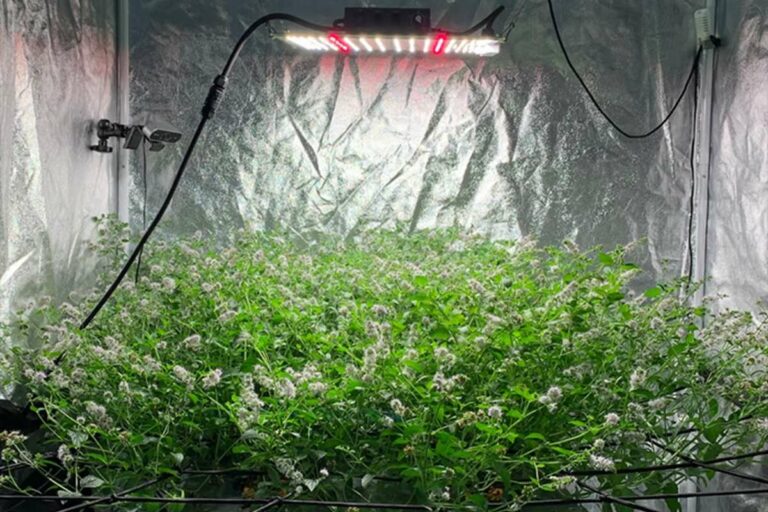

+ There are no comments
Add yours